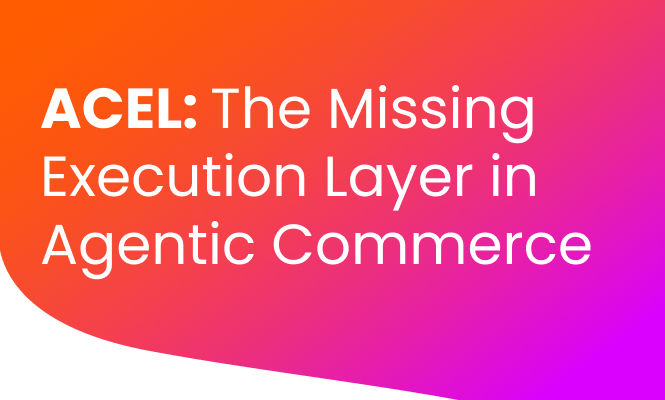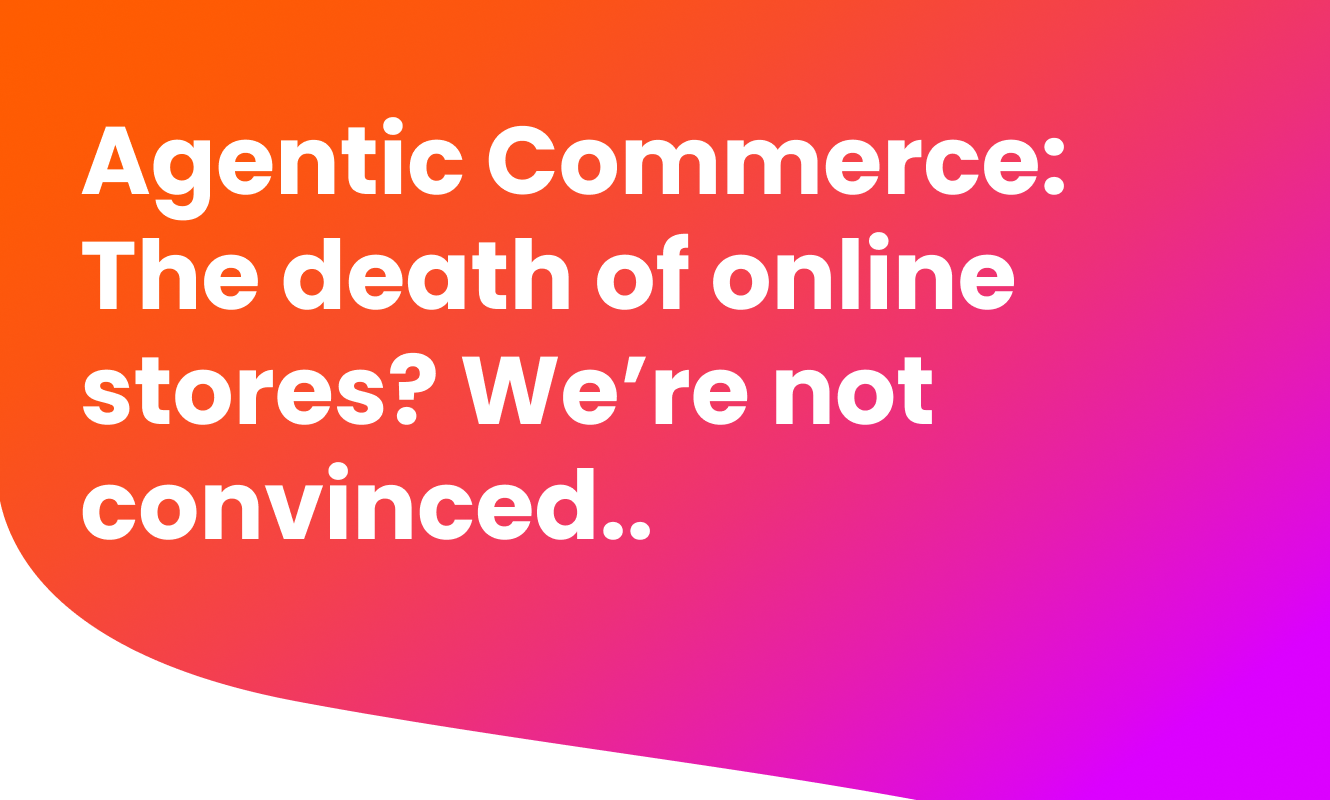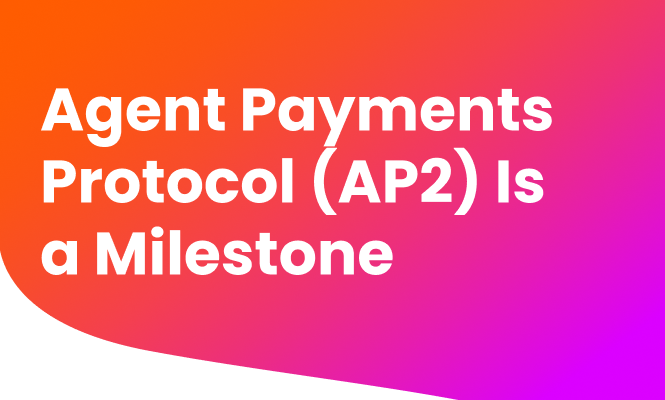 https://shopthru.com/wp-content/uploads/2026/02/ACEL.png
400
665
Matt Parkinson
https://shopthru.com/wp-content/uploads/2025/05/shopthru-logo-colour.png
Matt Parkinson2026-02-24 09:58:002026-02-24 10:00:50ACEL: The Missing Execution Layer in Agentic Commerce
https://shopthru.com/wp-content/uploads/2026/02/ACEL.png
400
665
Matt Parkinson
https://shopthru.com/wp-content/uploads/2025/05/shopthru-logo-colour.png
Matt Parkinson2026-02-24 09:58:002026-02-24 10:00:50ACEL: The Missing Execution Layer in Agentic CommerceWill Agentic Commerce Kill Affiliate Marketing and Online Publishing?
Read time: 2 mins
Affiliate marketing and online publishing both rest on a simple idea: if your content influences a purchase, you get credit. A reader clicks a tracked link, buys the product, and a commission flows back. It’s not perfect, but it supports an enormous ecosystem of media companies, niche bloggers, and affiliates.
Now imagine that journey happening entirely inside ChatGPT. That’s what OpenAI, Shopify and Stripe announced this week. It was impressive, no doubt. But if you’re a publisher or an affiliate, the real question isn’t is this slick? It’s: where did my attribution go?. There’s no click. No redirect. No tracking pixel. No affiliate ID.
Is this an existential threat?. Without attribution, publishers and content creators lose their ability to monetise influence. Affiliates lose the commissions that power thousands of businesses. The risks here are obvious and huge. Unless attribution is deliberately built into this new commerce layer, publishers and affiliates simply disappear from the reporting trail.
Why would a user click through to Runner’s World if ChatGPT has already answered their running-shoe query and processed the order? What happens to the independent blogger whose content informed the AI’s recommendation but never appears in analytics?
Traffic dries up. Revenue evaporates. A huge ecosystem of content collapses. All while the platforms take the transaction.
In a world where large digital publishers rely heavily on these affiliate revenue streams, this move is literally putting businesses and livelihoods at risk.
We see a different approach where this isn’t inevitable. Attribution can and must evolve.
If metadata about influence can travel with the product feed and the order, publishers and affiliates remain visible. The models would look different, there’s no “last click” in a click-less world, but new frameworks could reflect how content shapes AI recommendations.
Done well, that could even strengthen high-quality publishers. The race-to-the-bottom voucher hijackers who skim last-touch attribution might finally fade. Thoughtful reviewers, niche experts, and trusted influencers could see their influence properly recognised.
Where Shopthru Fits
At Shopthru, we’ve been building for this moment. Our platform has always lived in the messy middle, between shiny new channels and the reality of merchant infrastructure. We standardise feeds, normalise orders, and make sure fulfilment and payments flow.
And crucially, we’ve developed what we call Attribution Guardrails: a way to embed influence data directly into the transaction. So when a publisher or affiliate drives a sale, their contribution doesn’t vanish in the handoff.
Without it, publishers and affiliates risk being erased from the new commerce economy before it’s even started.
Agentic Commerce is exciting. The idea of collapsing discovery, decision and purchase into one smooth step is genuinely powerful. But the reality is never as neat as the demo.
If attribution isn’t part of the conversation now, it will be too late later. If platforms set the rules unchallenged, we’ll end up with another black box where creators provide the fuel but capture none of the value.
Ask the hard questions. How will attribution work? How will publishers get paid? How will affiliates prove their value?
Because without attribution, this future of commerce may look frictionless on the surface but it will be missing something vital underneath: recognition for the people who actually influence what we buy. When people aren’t acknowledged for their contributions, they stop adding to the knowledge pool, resulting in weaker, less informed consumer buying behaviours.




